New report: Master’s students have more access to study sustainability than bachelor’s students at CBS

A new map shows that 47.58% of the 1,429 CBS courses reflect one or more of the UN’s 17 Sustainable Development Goals. However, most are master’s courses. CBS researcher Kristjan Jespersen would like CBS to offer more bachelor’s courses to make sustainability more accessible. The mapping is the first of its kind at a Danish university.
CBS has its own sustainability strategy that includes 100% waste diversion, Spisestuerne has replaced its plastic cutlery with bamboo alternatives, and last year, CBS researchers established the CBS Sustainability research center. But how sustainable are the courses CBS offers its students?
How many CBS courses are somewhat related to the UN’s 17 Sustainable Development Goals (SDGs)? And who can sign up?
These were some of the questions that Assistant Professor Kristjan Jespersen from the Department of Management, Society and Communication set out to answer when he teamed up with PRME to start mapping all 1,429 courses at CBS in 2019.
Now that the report based on the mapping process has been completed, it shows that 680 courses of the 1,429 offered at CBS relate to at least one SDG, which totals 47.58%. 256 are bachelor’s courses, 332 are master’s courses, and the remaining 92 courses are offered within a professional framework (diploma, graduate diploma, part-time master’s and MBA).
One point in particular strikes Kristjan Jespersen.
“Right now, students do not have equal opportunities to study sustainability. It depends heavily on their study program,” he says and continues:
“In some ways, master’s students may find exploring this field more interesting, but I think there’s vast scope for including more bachelor’s courses. Then, at master’s level they can further specialize, instead of starting with the basics.”
The report has already been presented in the Academic Council, [and] to the Senior Management, and the results have been used by one of the implication groups working on CBS’ new strategy. CBS WIRE asked the Dean of Education, Gregor Halff, for his opinions on the results, and whether he is ready to introduce more SDG-related courses at bachelor’s level. He replied with a general answer to the questions in the email.
“The SDG mapping reveals the importance of maintaining a broad view of CBS’s overall teaching portfolio. This will be particularly important in 2020. A broad committee is already considering the strengths and weaknesses of our graduate portfolio,” he writes and continues:
“The next step is for this group to identify where we currently have overlaps, but also gaps in matters of digital transformation, basic capabilities, responsible management, sustainability and other areas. The output will produce a proposal for DIR for a teaching portfolio structure that ‘click-fits’ into CBS’ future strategy and our understanding of the Nordic Nine capabilities.”
According to Kristjan Jespersen, CBS is the first university in Denmark to map its courses in relation to the SDGs, and it plans to continue the mapping process every second year to monitor progress.
“What’s interesting about this document is that it’s dynamic. We can scan the courses continuously and track improvements. But in principle, the mission is to clarify what courses CBS offers, and more importantly, start a conversation on the climate and what kinds of sustainability courses CBS should offer,” he says.
Why have SDGs in the curricula?
The SDGs have not only been picked up by world leaders, but also by companies, schools and municipalities working to incorporate the goals into their business models, lessons and work. But why are SDGs relevant to university courses?
Kristjan Jespersen argues that because the SDGs have been so widely accepted, it is important that graduates from universities such as CBS know about them and how to implement them.
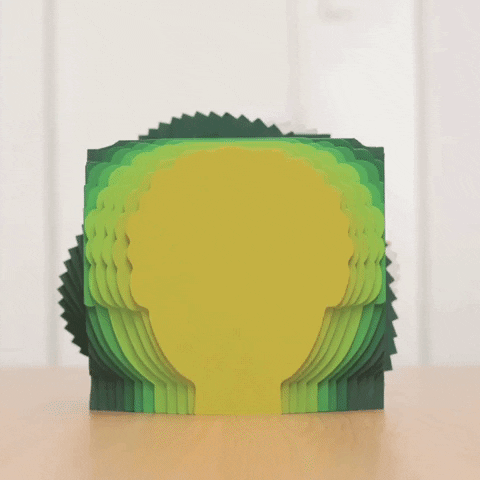
“There’s political interest in applying the SDGs and pushing companies to adopt them as well. And if we, as a university, fail to guarantee methods for how to apply them, people in the workforce will not understand how to work with them. The SDGs are here to stay for at least the next 10 years, and students are asking for them too,” he says and continues:
“And then I have to be honest. There’s a lot of SDG washing out there, and my mission is for CBS to have the clearest data on how it works with sustainability, and make claims it can support.”
Caroline Aggestam Pontoppidan, Associate Professor at the Department of Accounting and Academic Director of CBS PRME, also appreciates the need to incorporate SDGs in the courses offered.
“The SDGs are the set of standards currently driving Agenda 2030. So, enabling us to understand how they interlink with the host of programs and courses we offer is relevant to us as an educational institution, as it secures certain critical competencies in these fields,” she says.
Using SDGs as a lens
The mapping also clearly identified which SDGs are well-represented at CBS and which are not. For example, SDGs 9, 12 and 16 are represented in far more courses than SDGs 1, 6 and 14.
Kristjan Jespersen hopes the mapping can ensure that less widely represented SDGs will receive more attention, as they are all important.
“SDG 1 aims to end poverty in all its forms everywhere, but at CBS, it’s only touched upon by 15 courses. Another example is SDG 2 on sustainable agriculture, and as agriculture is very important in Denmark, I’m surprised we don’t have more courses that relate to agriculture somehow,” he says.
As well as providing a different view of the courses CBS offers, the mapping has other potential benefits.
“Using the SDGs as a lens to look at course content gives a new perspective on understanding which subject areas are taught intensively and which are not. We have numerous projects aimed at understanding how SDGs are embedded in education. For example, the next project will analyze bachelor’s and master’s theses to see how many students engage with SDG topics,” says Caroline Aggestam Pontoppidan.



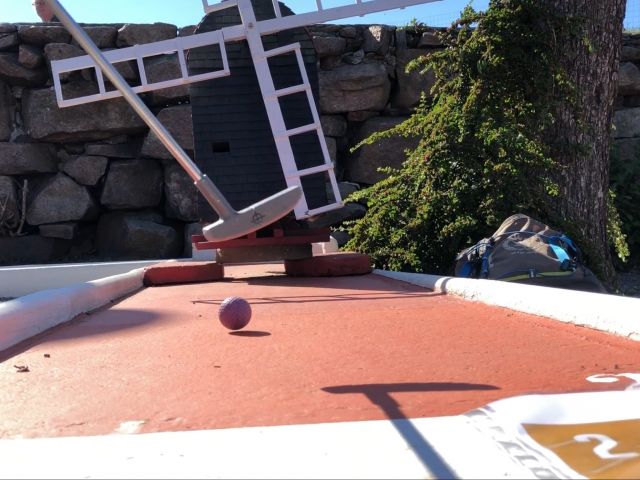
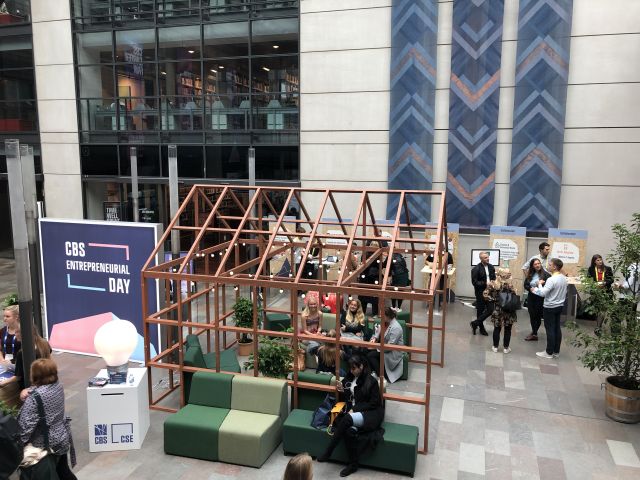
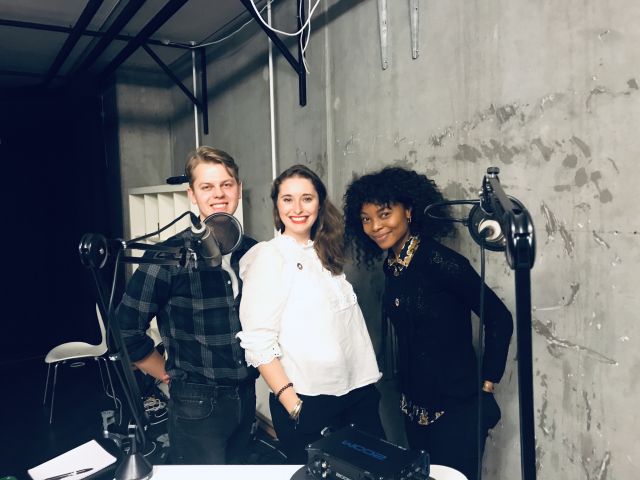
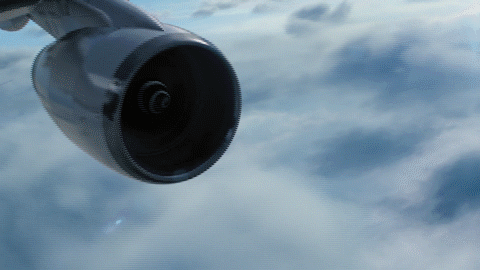
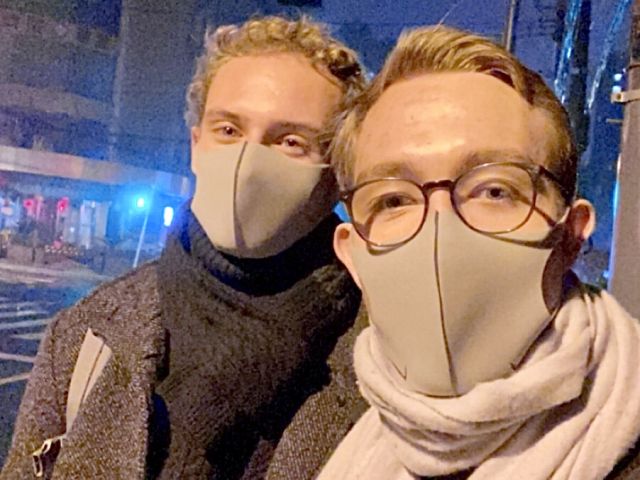
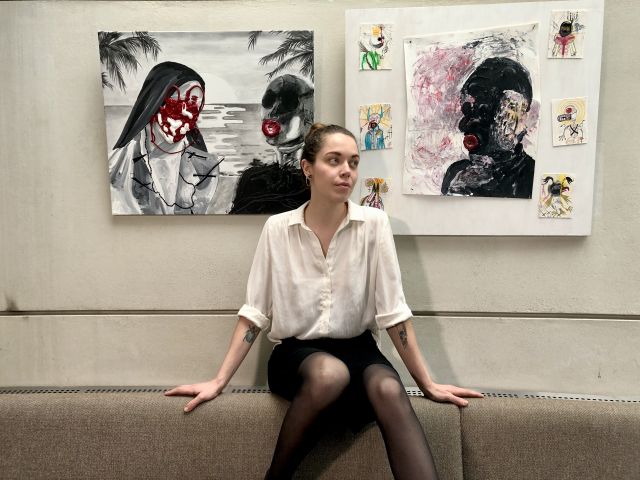




























































































































Comments